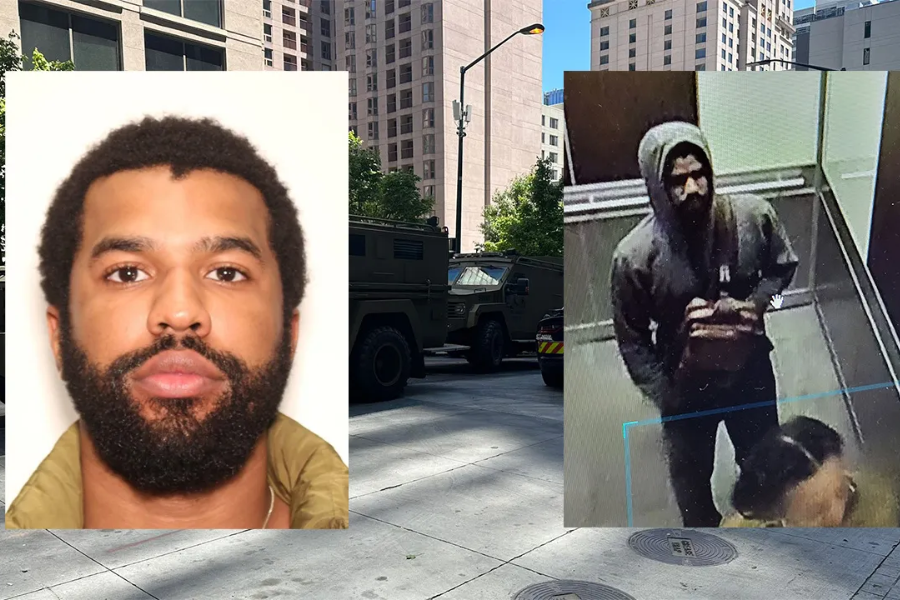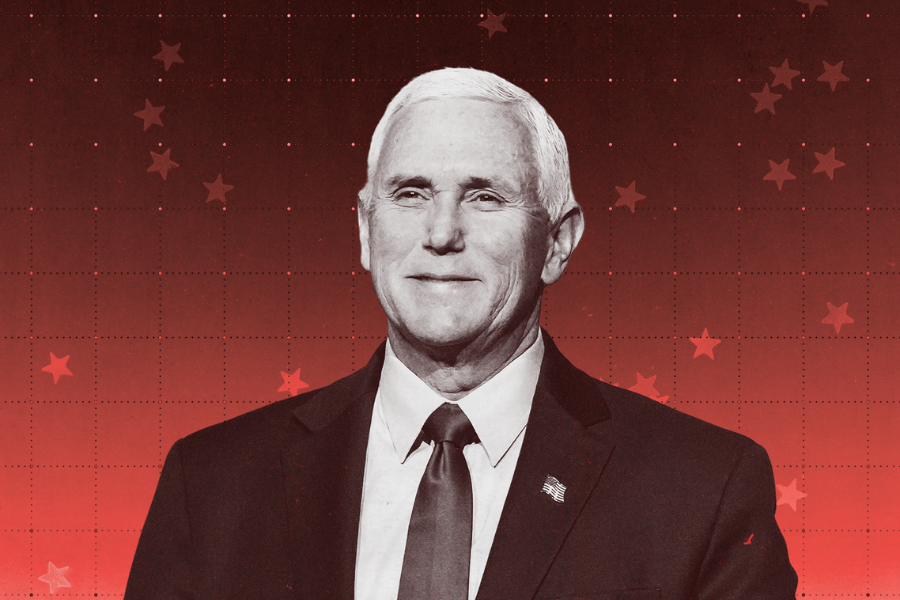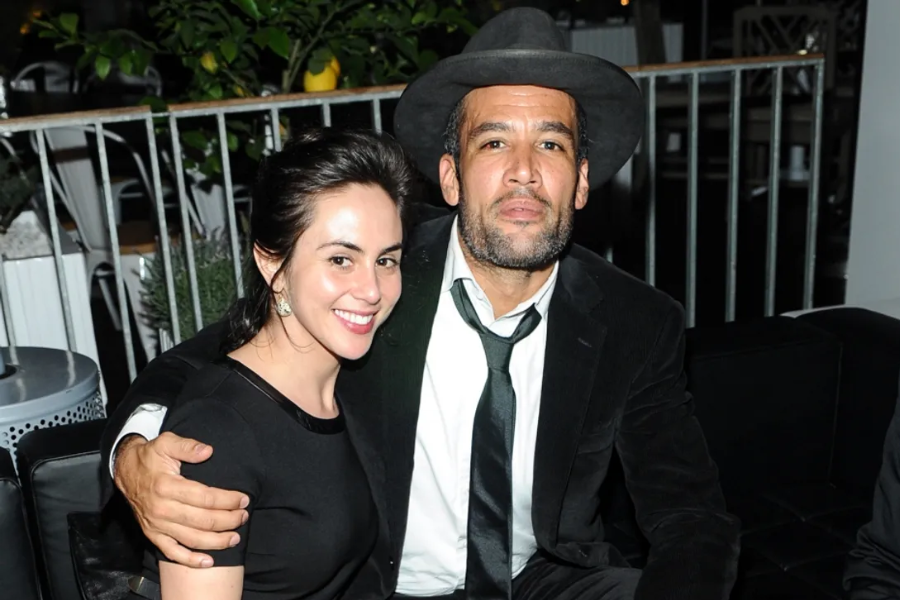Atlanta Food Court Shooting: Jeremy Malone Sentenced to 10 Years in Prison
In a distressing incident that shook the heart of downtown Atlanta, Jeremy Malone has been sentenced to ten years in prison for a shooting that left three individuals wounded at a busy food court. The event, which unfolded in June 2024, has raised serious concerns about public safety and mental health issues in urban settings.
The Incident
On June 21, 2024, Jeremy Malone entered the Peachtree Center food court during the bustling lunch hour. According to prosecutors, he initiated the chaos by physically assaulting a stranger before pulling out a firearm and opening fire on the crowd. The shooting resulted in injuries to three people, all of whom fortunately survived the attack. Witnesses described scenes of panic as patrons scrambled for safety amidst the gunfire.
The Peachtree Center is a prominent location in Atlanta, housing a collection of office towers and an underground mall frequented by locals and tourists alike. The food court was particularly crowded that day, with many people enjoying their meals and socializing when the violence erupted.
Law Enforcement Response
The situation escalated quickly until an off-duty Atlanta police officer, who was working security at the complex, intervened. The officer engaged Malone in a shootout, successfully subduing him and preventing further injuries. This swift action by law enforcement likely saved lives and brought an end to the terrifying episode within minutes.
Malone was subsequently arrested at the scene and taken into custody. Following his arrest, he faced multiple charges, including one count of attempted murder and four counts of aggravated assault.
Legal Proceedings
In January 2025, Malone appeared in court to enter his plea. He pleaded guilty to several charges related to the shooting incident. His guilty plea included one count of attempted murder, four counts of aggravated assault, and additional charges associated with the violent act.
During the court proceedings, Malone’s attorney noted that he has struggled with mental health issues for some time. This aspect of his case has sparked discussions about the intersection of mental health and gun violence—a topic that continues to gain attention across the United States.
Sentencing
On January 24, 2025, Malone was sentenced to ten years in prison for his actions. The judge’s decision reflects both the severity of the crime and the impact it had on victims and the community. While all three individuals who were shot survived their injuries, they faced physical and emotional trauma as a result of the attack.
The sentencing also serves as a reminder of the ongoing challenges surrounding gun violence in public spaces. As cities across America grapple with similar incidents, there is growing pressure on lawmakers to implement measures aimed at preventing such tragedies from occurring in the future.
Community Reaction
The shooting at Peachtree Center sent shockwaves through Atlanta’s community. Many residents expressed their fears about safety in public spaces, particularly in busy areas where large crowds gather. Local leaders have called for increased security measures and resources for mental health support as part of broader efforts to reduce gun violence.
In response to this incident, community organizations have begun advocating for more comprehensive mental health services to help individuals struggling with similar issues before they escalate into acts of violence. The hope is that by addressing mental health proactively, communities can prevent future tragedies.
Victims’ Stories
While details about the victims remain limited due to privacy concerns, it is clear that their lives were forever altered by this incident. Survivors often face long-term physical rehabilitation as well as psychological impacts from experiencing such traumatic events.
Victims’ advocates emphasize the importance of providing support systems for those affected by gun violence. Counseling services and community resources can play critical roles in helping survivors navigate their recovery journeys while processing their experiences.
Broader Implications
The Peachtree Center shooting highlights broader societal issues regarding gun control laws and mental health awareness in America. As mass shootings continue to occur across various settings—be it schools, workplaces, or public venues—conversations about legislative reforms are intensifying.
Advocates for stricter gun control measures argue that comprehensive background checks and restrictions on firearm access could help prevent individuals with known mental health issues from obtaining weapons. Conversely, opponents often cite Second Amendment rights and emphasize personal responsibility when it comes to firearm ownership.
Conclusion
Jeremy Malone’s sentencing marks a significant moment in addressing accountability for acts of violence within public spaces like downtown Atlanta’s Peachtree Center food court. As he begins his ten-year prison term following his guilty plea for attempted murder and aggravated assault charges, the community continues to grapple with the aftermath of this traumatic event.
This case underscores urgent discussions surrounding mental health support systems and effective strategies for preventing gun violence in urban environments. As communities seek healing from such tragedies, there is hope that lessons learned will lead to meaningful changes aimed at safeguarding public spaces while supporting those who struggle with mental health challenges.
The path forward will require collaboration among lawmakers, mental health professionals, law enforcement agencies, and community organizations—all working together toward creating safer environments where individuals can gather without fear of violence.











